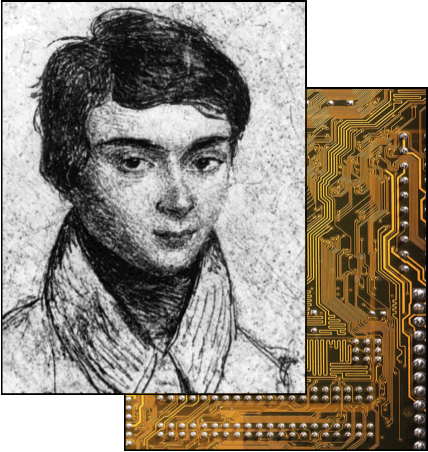COVID-19 Update
Due to the COVID-19 outbreak, the Workshop will be held as a VIRTUAL MEETING.
Online Beijing time (external website)
Workshop Goals
This workshop is a forum of mathematicians, computer scientists, engineers and physicists performing research on finite field arithmetic, interested in communicating the advances in the theory, applications, and implementations of finite fields. The workshop will help to bridge the gap between the mathematical theory of finite fields and their hardware/software implementations and technical applications.
WAIFI 2022 will be held virtually in Chengdu, China
 |
Important Dates
- Submission deadline (EXTENDED): May 25, 2022 (GMT-time)
- Acceptance notification:
June 12, 2022June 26, 2022 - Deadline for submitting revised manuscripts:
June 17, 2022July 10, 2022 - Final pre-proceedings version due:
June 26, 2022July 20, 2022 - Deadline for sending pre-recorded videos:
July 24, 2022August 7, 2022 - Final post-proceedings version due: September 25, 2022
Main Workshop Themes
The topics of WAIFI 2022 include but are not limited to:
Theory of finite field arithmetic:
- Bases (normal bases, duality, complexity ...)
- Polynomial factorization, irreducible polynomials
- Primitive polynomials, permutation polynomials
- Special functions over finite fields (Boolean functions, APN functions, ...)
- Curves over finite fields
- Algebraic dynamical systems over finite fields
Hardware/Software implementation of finite field arithmetic:
- Optimal arithmetic modules
- Design and implementation of finite field arithmetic processors
- Design and implementation of arithmetic algorithms
- Pseudorandom number generators
- Hardware/Software Co-design
- IP (Intellectual Property) components
- Field programmable and reconfigurable systems
Applications:
- Cryptography
- Communication systems
- Error correcting codes
- Finite geometry
- Quantum computing
Proceedings
The proceedings will be published in the Springer Lecture Notes in Computer Science series after the workshop as post-proceedings.
| LNCS: Springer Lecture Notes in Computer Science. |
 |
